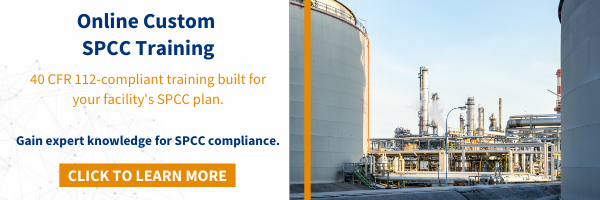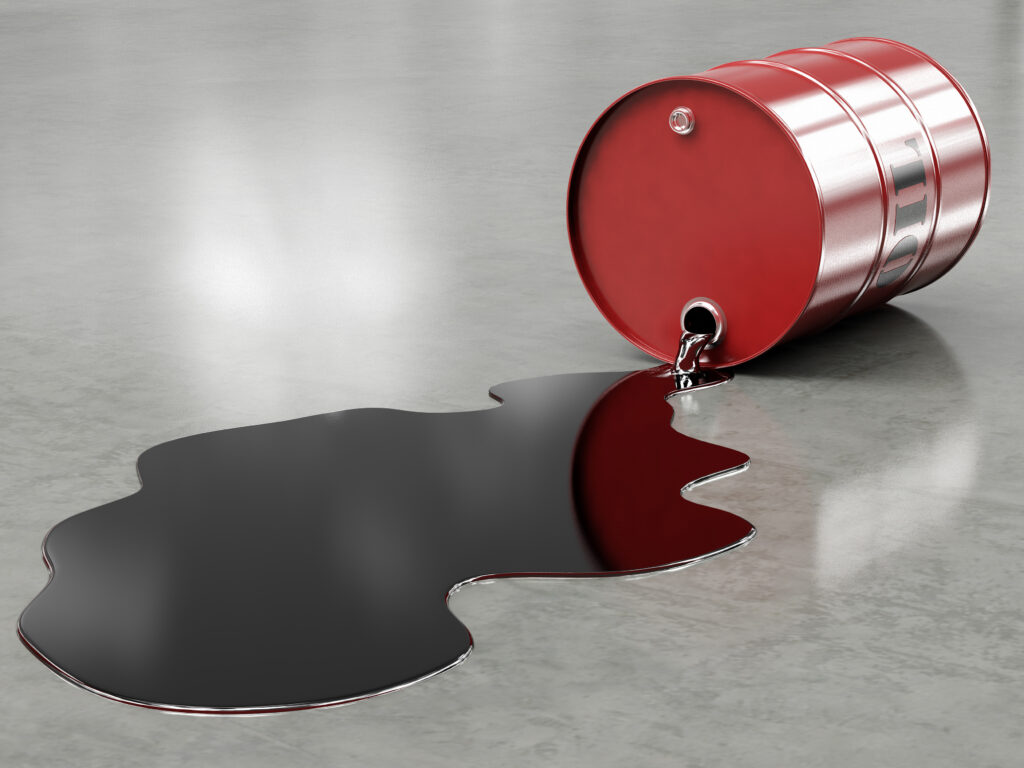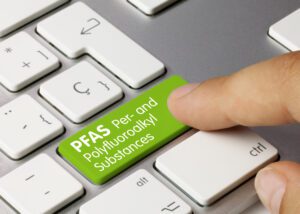If you work in a facility that stores oil, you have likely heard of the Spill Prevention, Control and Countermeasure (SPCC) Rule. So, what is this Rule? And what is an SPCC plan, which the Rule requires?
Oil spills—whether they are large and newsworthy or smaller and manageable onsite—can threaten the environment and human health. They can also be costly to clean up. The SPCC Rule is aimed at preventing spills that can enter the environment by using a framework of written spill prevention, control and countermeasure actions aimed at oil storage and transfer processes at regulated facilities.
If you think your facility is subject to the SPCC Rule, here are some of the basics you need to know to understand SPCC compliance and perform your due diligence when it comes to the prevention of oil spills.
The Spill Prevention, Control and Countermeasure (SPCC) Rule
The Federal SPCC Rule is codified under 40 CFR Part 112 and is administered and enforced by the United States Environmental Protection Agency (EPA). The goal of the Rule is to prevent oil spills from reaching any navigable waters or adjoining shorelines (a reportable discharge under the regulation).
The SPCC Rule not only defines facilities that are subject to the regulation, but also provides the specific requirements those facilities must comply with to effectively prevent and control onsite and offsite oil spills.
What is an SPCC Plan?
To comply with the SPCC Rule, regulated facilities are required to maintain and implement a written SPCC plan that spells out how their facility is prepared to prevent and control oil spills from their onsite oil storage and processes.
Prevention, control and countermeasures are required not only for portable and fixed containers, such as tanks and drums 55-gallons or greater in volume, but also transfer areas, piping and equipment.
SPCC plans are unique to every facility. There is not a one-size-fits-all solution. SPCC plans must include information about the facility and how oil is stored and used at the facility, as well as detailed site plans. They must also contain a variety of procedures related to oil storage, transfer operations and inspections.
Creating an SPCC Plan
Plan creation starts with evaluating the amount of oil you store, the types of containers and equipment you have onsite and your proximity to waters and shorelines. Depending on the amount of oil storage, storage container volumes and secondary containment provided, SPCC plans can be developed in-house and self-certified or will require certification by a licensed Professional Engineer (PE).
Plan creation continues by collecting and documenting information related to the facility along with the oil storage and processes. These include:
- Secondary containment controls
- Security provisions
- Spill direction and volume predictions
- Storm water drainage patters and systems
- Emergency spill response equipment, procedures, contacts and required notifications
- Employee training details
- Container inspection schedules and criteria
SPCC plan creation can be complicated. An SPCC expert can help determine the regulatory requirements applicable to your facility, the challenges your facility faces in meeting those requirements and how best to best write an SPCC plan that is practical and compliant.
Implementing the Plan
Once written, signed and certified, you must implement the SPCC plan as written. This not only includes task items such as inspection and maintenance schedules, but also training personnel and reviewing and updating your SPCC plan.
Keeping the SPCC plan up to date and your employees appropriately trained are basic components of SPCC compliance. SPCC plans must be reviewed and updated as needed for any changes. Personnel designated as oil handling must complete SPCC training covering the elements of the written facility-specific SPCC plan at least once a year.

Get Support
Facilities subject to the SPCC Rule must comply with the Rule. Aside from environmental consequences, non-compliance can be costly—from EPA fines to the cost of oil spill clean-up.
Whether you need to create an SPCC plan for your facility, update and certify your SPCC plan or train your oil handling personnel in accordance with your SPCC plan, Tetra Tech’s SPCC experts can assist you. Contact us at [email protected] with your SPCC needs and we will be happy to answer any questions.






